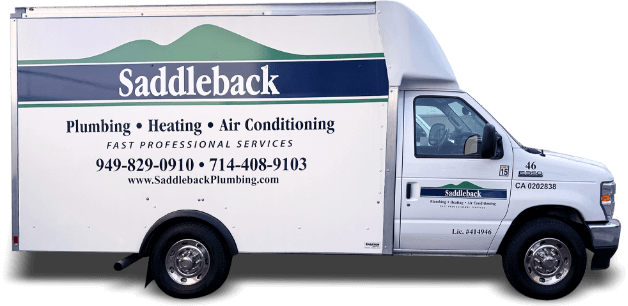Air Conditioner Hard Starting? Get It Fixed!
September 9th, 2019If your home’s AC is hard starting, don’t let it continue!
If your home’s AC is hard starting, don’t let it continue!
Those summer electric costs don’t have to be that high! We have advice on keeping summer AC costs within reason.
Here are a few of the most common reasons we find an air conditioner isn’t up to its job.
When an air conditioner’s compressor comes on and off repeatedly over an hour, it’s said to be short-cycling.
Is routine refrigerant replenishing something to have done before the summer, just to give the AC a bit of a boost?
There are few regular service jobs more important in our climate than ensuring cooling systems work at their best.
The biggest threat that can bring a water heater’s service life to an early end is corrosion.
Why now might be the perfect time to get a new air conditioner for your home.
When you’re searching for a new water heater installation, you want to pick a unit that will do the best job, work for many years, and help conserve energy.

Do we serve your area?